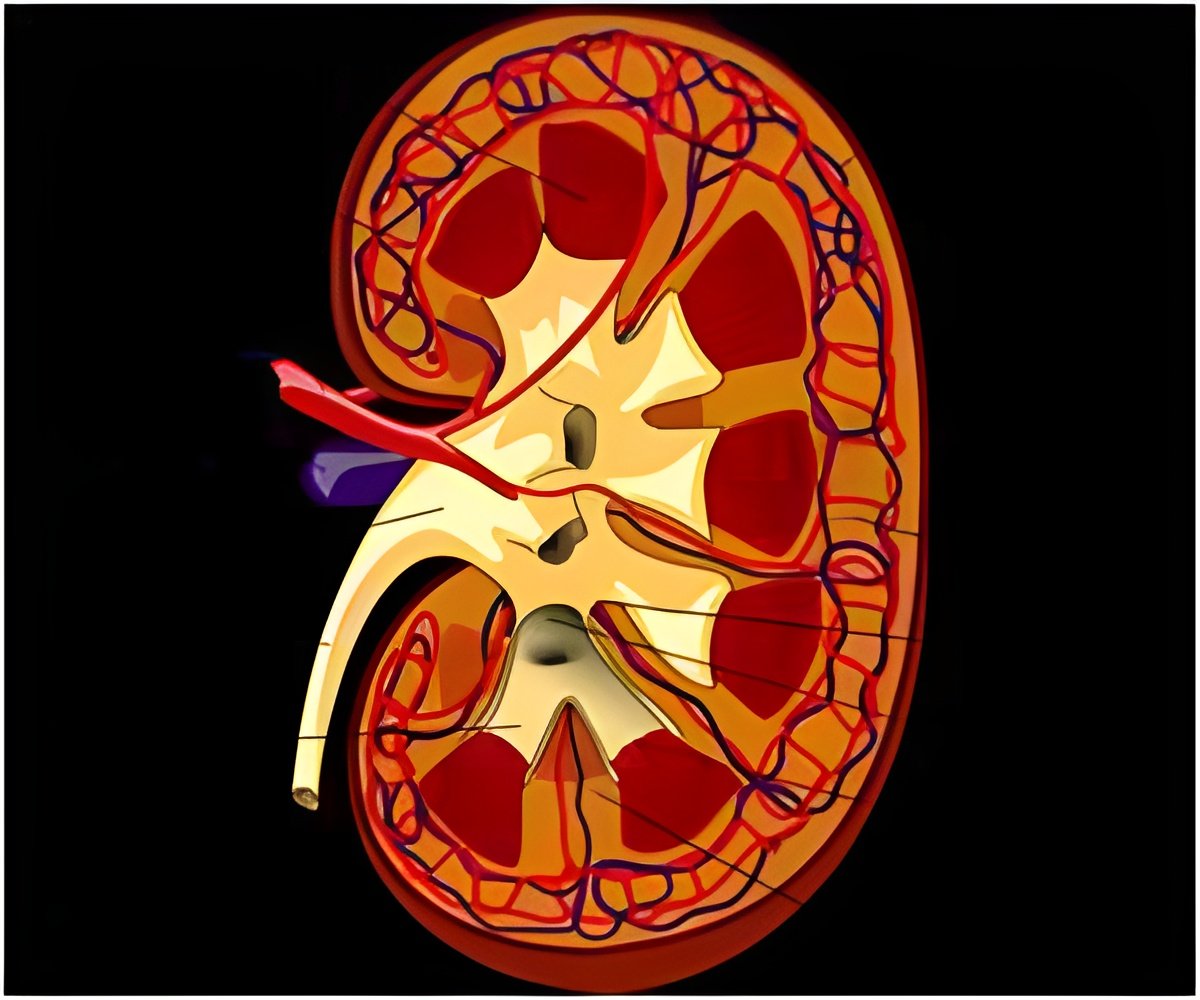Lower incidences of kidney failure and smaller insurance-related gaps were found in states with broader Medicaid coverage.

The care of patients approaching kidney failure, or end-stage renal disease (ESRD), is a useful model to study the potential effects of Medicaid expansion on chronic disease care because ESRD care is costly and the quality of pre-ESRD care is tracked nationally.
Manjula Tamura, MD, MPH (VA Palo Alto Health Care System and Stanford University) and her colleagues sought to determine whether states with broader Medicaid coverage of low-income non-elderly adults had a lower incidence of ESRD and better access to pre-ESRD care. They also looked to see whether broad state Medicaid coverage benefitted uninsured adults in addition to those receiving Medicaid.
Using US data, the researchers identified 408,535 adults aged 20 to 64 years who developed ESRD from 2001 through 2008. Medicaid coverage among low-income nonelderly adults living in different states ranged from 12.2% to 66.0%.
Among the major findings:
- Broader Medicaid coverage among low-income nonelderly adults was associated with a lower incidence of ESRD: for each additional 10% of the low-income nonelderly population covered by Medicaid, there was a 1.8% decrease in ESRD incidence.
- Low-income nonelderly adults with ESRD who were on Medicaid had better access to care in states with broader Medicaid coverage: For a 50-year-old white woman, the access gap to being put on the kidney transplant waiting list between Medicaid and private insurance decreased by 7.7 percentage points in high vs low Medicaid coverage states. Similarly, the access gap to transplantation decreased by 4.0 percentage points and the access gap to peritoneal dialysis decreased by 3.8 percentage points.
- Broader Medicaid coverage was associated with some spillover benefits for uninsured adults with ESRD, but these were small and not consistently observed.
Advertisement
Source-Eurekalert















